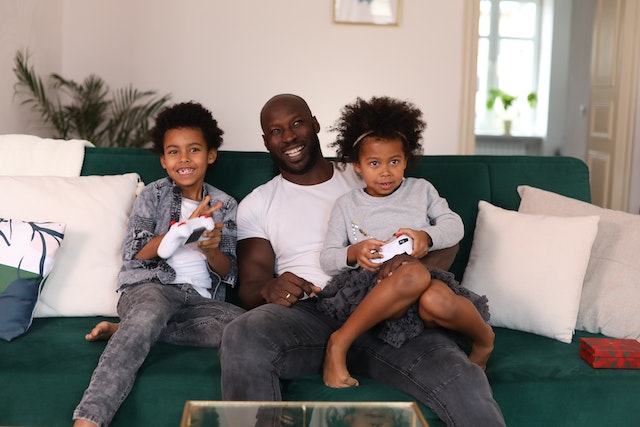Read the detailed description of Quest's Program Details!
(Written By: Kyle Smith, MFT, Assistant Director at Quest)
Even before the pandemic closed schools and playgrounds, a new social space was solidifying for our children: servers and lobbies of games like Fortnite, Roblox, and Minecraft. Friendship are made and broken in these places. Reputations built and lost. And a developmentally vital feeling of belonging and connection can be found there. These games have rules of their own governing things like how high you jump, what weapons you may use, and the way a giant spider tries to eat you. More importantly, these spaces are governed by social rules set and enforced by the whims of children within them. Children with executive functioning challenges find themselves struggling with these rules and expectations in ways that mirror schools and playgrounds. Thankfully, the presence of these challenges creates opportunities for growth for children with executive functioning difficulties too.
When I hosted my first games of Minecraft for our social skills group, I was struck by how swiftly the politics of the real-life schoolyard appeared. In Minecraft, players gather in an open world that they share. Each particular world is hosted on a computer that keeps track of all the changes each player makes to the world, and then ensures that each other player sees those changes as they happen. That computer is called a server. Some of these servers are public like those owned by Microsoft. Others are personal, run by the private owner of that server. In the latter instance the server is administrated by the owner and a few of their closest friends. It is easy to imagine how, without supervision, some of these servers might quickly devolve into something resembling Lord of the Flies—not unlike your average school playground.
With supervision however, a Minecraft server presents the same opportunities for social growth and practice as a playground. Here are some in-person skills that benefit from digital practice.
Friendship building – Playing together on a server gives kids lots of chances to get to know each other. Remember, these spaces often become primarily about socializing, with gameplay becoming a distant second. If you remember hours-long after-school phone calls with your friends growing up, then you understand the appeal of playing together. If your child has goals around starting and keeping conversations going or remembering details about their peers, there’s no better time to practice than while they’re logged on with their friends. The questions they ask online are the same ones they might ask a peer sitting next to them in class.
Cooperation – Minecraft is a game about gathering materials and building. Players on a server are encouraged to work together to build shelter and tools to help them stave off hunger and the many monsters that come out at night. Players who communicate and cooperate are more successful than those that don’t. Prompting kids to ask how they can help will open lots of doors for them. Being able to join in and meaningfully add to a discussion or game is a useful digital and analogue skill.
Impulse Control – Players on a server can easily build tools that allow them to set fire to just about anything that can burn. In some servers, players are even allowed to damage one another. This may sound like apocalyptic chaos, but overwhelmingly, these behaviors are frowned upon (much like at work, school, and everywhere). In Minecraft, swatting at a player who is too close or seems to be messing with your stuff is tempting, and creates a valuable moment to practice controlling the kinds of impulses that cost kids friends and peers’ esteem at school.
Emotion regulation – As in the other parts of your life, things will not always go your way in Minecraft. You will fall into holes, get eaten by spiders, or have someone borrow your house’s roof to make an outhouse. These things happen. Coping with disappointment, frustration, and a lack of understanding is useful no matter where you’re feeling those things. Anytime there’s a big feeling, children have a chance to learn more about when to start using coping skills.

